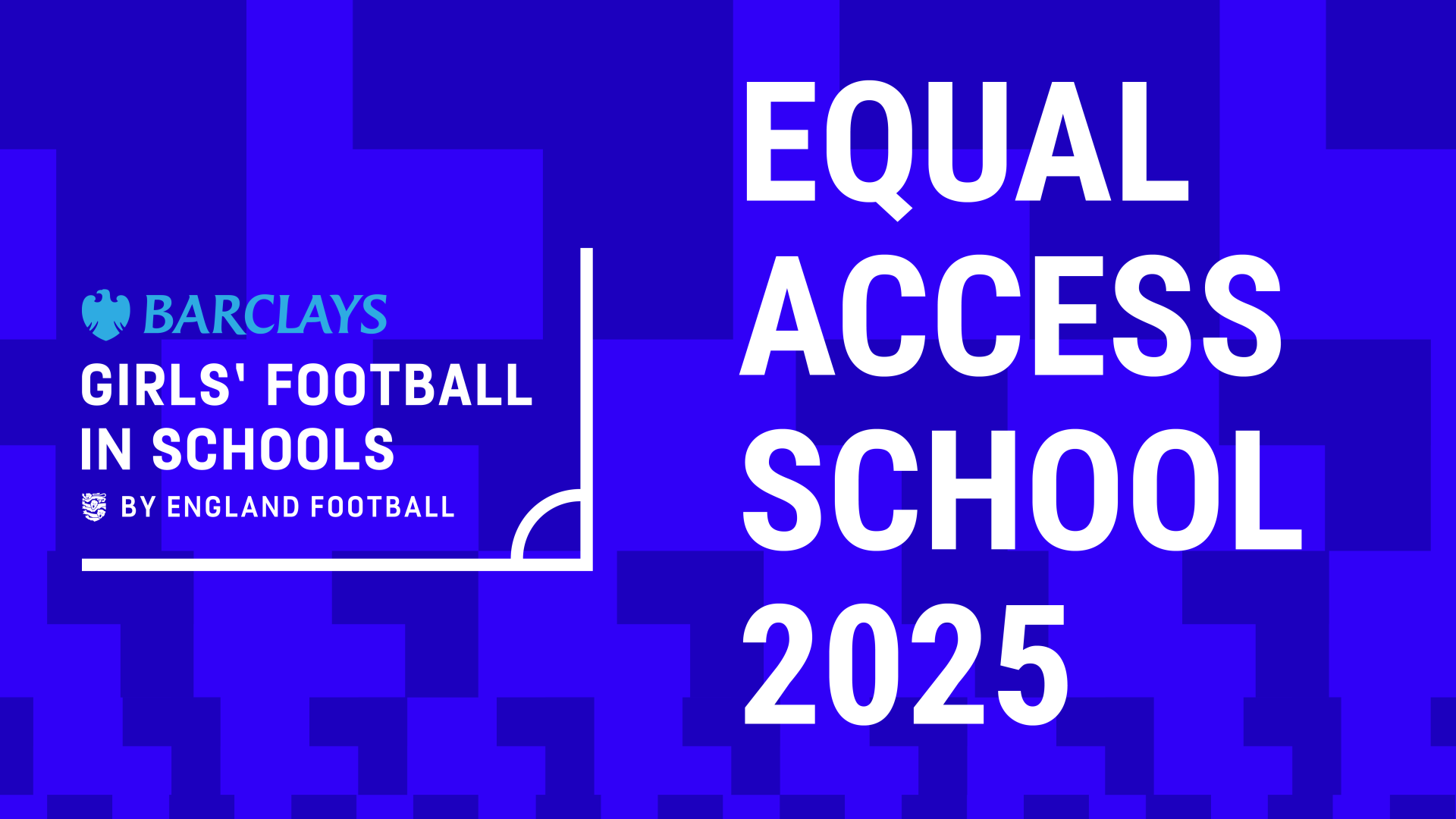Geography
Our geography curriculum teaches students what it means to be a geographer, providing opportunities to develop spatial awareness and a sense of wonder about places. This happens both in our studies in the classroom and through hands-on fieldwork enquiries. Through Key Stage 3 we will investigate both physical and human environments across the world, often returning to key themes such as interdependence (how every part of the world is increasingly interconnected and dependent on the other); sustainability (the ability of the world to meet its current needs without harming the ability of future generations to do the same), and resilience (the ability of people and the planet to cope with and adapt to change). Over time students will therefore develop the knowledge needed to be able to stand in any landscape and explain how it formed, as well as how and why it may change in future.
At Key Stage 4 students will build on the knowledge gained in Key Stage 3 to develop a deeper understanding of the opportunities and challenges of both physical and urban environments. They will also study economic development, inequality, and the ways in which we can improve the lives of people, whether in this country or in others. All of this will build on the spatial, graphical and fieldwork skills developed in Key Stage 3 so that students can undertake and critically evaluate their own fieldwork enquiries. They will also feel confident to use a wide array of resources to evaluate and make informed opinions on topical geographical issues.
Overall, our geography curriculum will enable students to understand the complex and dynamic world around them and make informed decisions on sustainable ways to live.



